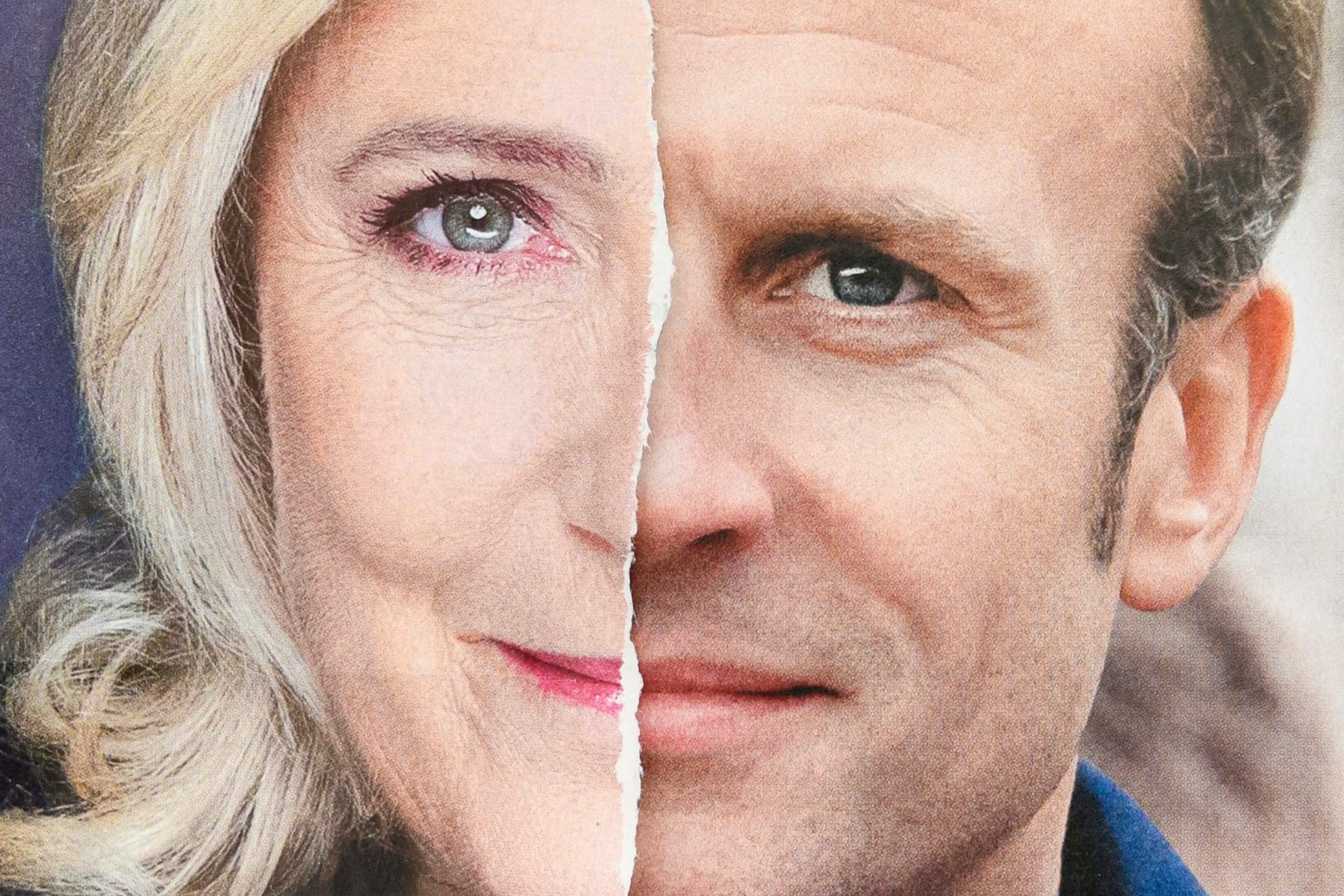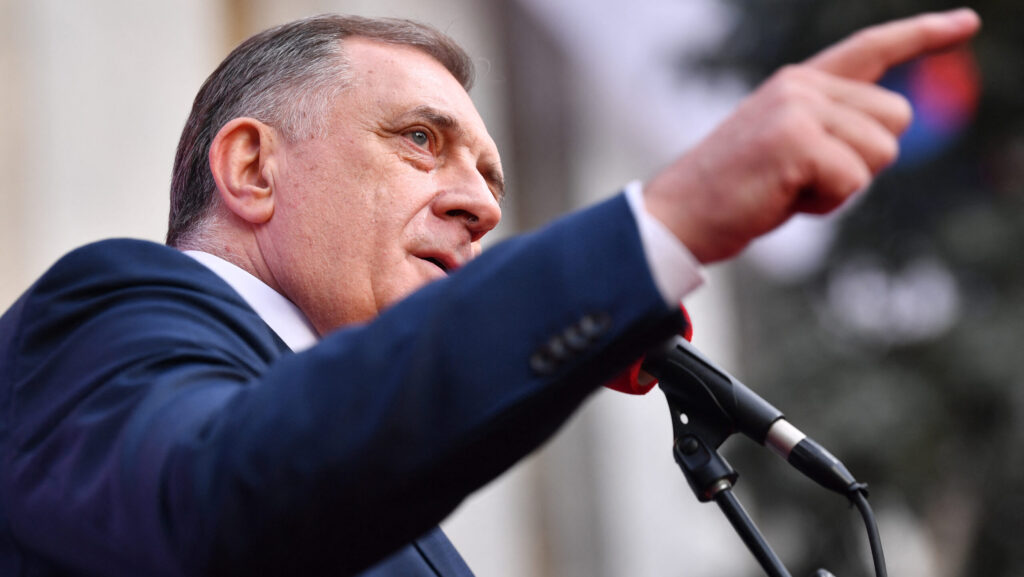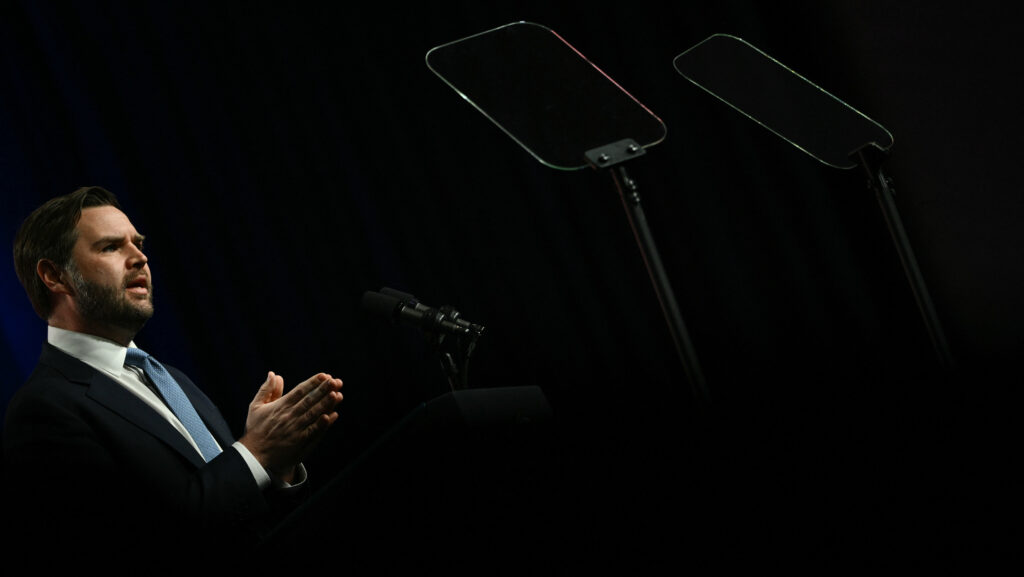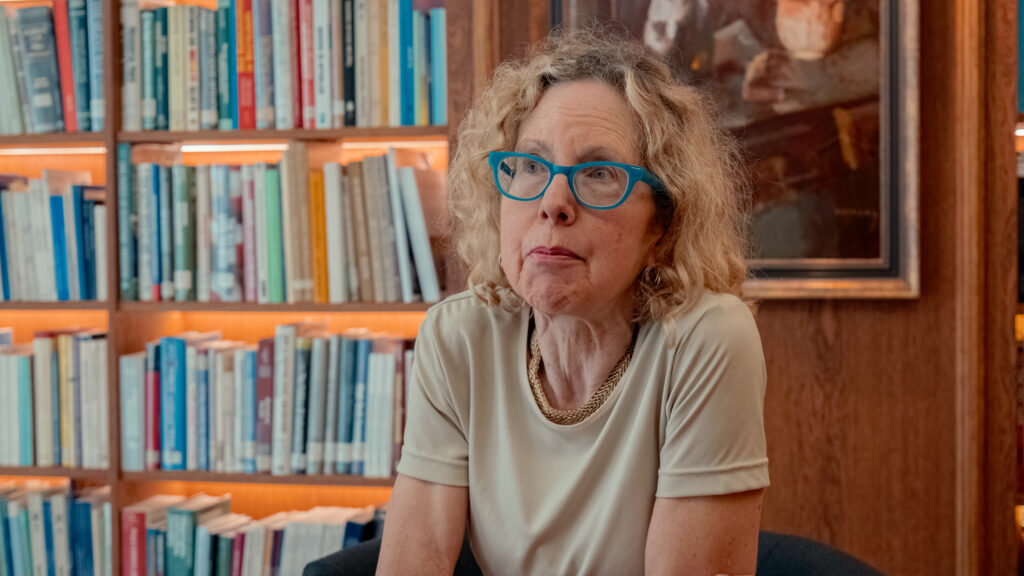On 18 May, Gergely Fejérdy, Senior Research Fellow at the Institute for Foreign Affairs and Trade agreed to give an interview during his stay in Paris. On the occasion, we were able to discuss the result of the most recent presidential elections, and we also tried to make a guess as to what we can expect in the upcoming legislative elections to happen. In the end of our discussion, I was curious to know what he thought of the Franco-Hungarian relations and asked him to try and foretell the future in this regard.
What foreign and domestic policy decisions will shape Macron’s second presidential term? What will the composition of the government be like?
According to President Macron’s promise, he will try to completely change his political stance, because he had learnt a lot from the experiences of the past five years. In my opinion, during his new mandate, he can hardly carry France to the same direction he set out for in 2017. As for domestic policies we can certainly expect to see those same societal, economic, security and other challenges that were present in the past five years. He will not be able to respond to these any differently than he did before. He will have to keep in mind the issues that the French people care or worry about the most, such as upholding the social security system, which includes the French will to maintain the purchasing power. 2018, when the yellow-jacket movement exploded, was not such a long time ago, and the reasons behind the creation of the movement have not been dealt with, therefore these are areas where he will have to present some answers, and that will influence a great deal what his decisions will be. But in addition to the economy, there is the question of security, or the protection of the environment, which are also issues the public pays attention to. He will have to provide some solutions in these fields as well. However, the pension reform will most certainly be a policy measure that will meet a great deal of resistance, yet Macron has no choice here, he will have to act. Domestic policies can meet other challenges, of course, challenges that will require firm decisions. We must not forget, that there is a high terror threat still present in France, or there can develop a new epidemic that will cause difficulties, and each of these scenarios will prompt him to make certain decisions.

President Macron will surely do whatever he can to hold as much influence and power within the European Union as he can, that more often than not will mean efforts to look for compromise with partners
As for foreign policy, his future tasks will mostly be determined by the current international situation: the war between Russia and Ukraine. President Macron will surely do whatever he can to hold as much influence and power within the European Union as he can, that more often than not will mean efforts to look for compromise with partners, and to defend French interests. But before we sink into the details about the important decisions he will have to make in the future, we should also keep in mind that first he will need to assemble a government, which is not an easy task. Elisabeth Borne has been appointed as prime minister, but at the time the interview is taken there are only vague guesses about the other members of the government. She is the second female head of government of the Fifth Republic, which shows well what I have said earlier that there will be no sharp shift. Mrs Borne is part of the old “gang”, but she can serve as a good message for the centre left, given that she was in the entourage of former socialist mayor of Paris, Bertrand Delanoe. Macron will certainly aim at parity between men and women in his government. We assume that he will keep several formerly Les Républicains politicians in the government, such as Darmanin or Le Maire. There will most certainly be newcomers, who will contribute to the final marginalization of the moderate traditional parties. I can imagine that Éric Woerth who used to be President Sarkozy’s finance minister will be one of the new ministers. It is not likely that he will change more than half of the members of the previous government, but it is certain that some previously well-known personalities, such as Jean-Yves Le Drian who had already held a position under the Francois Hollande’s presidency will retire. Macron will most likely want to involve well-known actors from the left, such as the socialist mayor of Dijon, Francois Rabsamen, in order to, at least, minimally reduce the élan of Jean-Luc Mélenchon and his sympathisers. To sum it up, I do not really see much chance that there will be a serious turning point in Macron’s policy that we have seen so far.
How do you evaluate the results achieved by Marine Le Pen and the National Rally? What can we expect from her in the short term?
Marine Le Pen managed to increase her voter base. Three million more people voted for her now than in 2017. After the first round it was absolutely on the table that she could win. We cannot say any more that Marine Le Pen is on the extremes or that she is a radical. She was able to win many over with her modest rhetoric, especially because she really took the issue related to the purchasing power seriously, and she placed this in the heart of her programme knowing that the majority of the French are concerned about this problem. It also helped her a lot that she had visited the countryside and got close to people living there. This is reflected in the results, as her voter base is mostly made up of rural residents. All in all, she achieved some surprisingly good results, in spite of the fact that many anticipated her downfall in autumn 2021. In my opinion Marine Le Pen will stay relentlessly in the ring, and I would not exclude the possibility of her running for the presidential seat in 2027. Marine Le Pen aims at becoming a credible opposition force. In the legislative elections held in June her party will perform better than before, but I doubt that they will achieve majority, yet they will be able to form a faction for certain. Marine Le Pen herself is a candidate at the elections, but she passed the leadership of the party on Jordan Bardella. It is a question whether she will resume that position at all. Probably the inflation and the increasing prices due to the war in Ukraine and the ever-harder circumstances will trigger some turbulent months, or even years, and amidst this situation, she will try to present herself as a sober force, which is her only chance for survival beside the left-wing radicals. It might seem worrisome that her actions may be fuelled by her thirst for power, rather than ideas, but this is something that she has always been hiding well. A great many of her initiatives are very hard to realize and they are not well thought out, and her party still lacks those remarkable politicians, and this will cause a lot of trouble for her. Perhaps her first big undertaking will be to pay back the enormous amount of debt of tens of millions of euros her party has accumulated. Despite all this, her party will remain a force in French politics that cannot be ignored now that President Macron managed to erase moderate classic parties from the scene.
What happened to the traditional parties? What are the societal reasons behind this?
The disappearance of the traditional parties on the right and the left is a result of President Macron’s policies, but its roots go a longer way back in time. The majority of French voters felt that the politicians on the central right and central left behaved very similarly. Even if this was not true about every politician, but in general, people were disappointed by actions of well-known personalities, who on top of that were not able to bring the magical results the electorate expected of them. They did not oppose the idea of a political centrum incorporating forces equally from the right and from the left, which resulted in the fact that Macron eliminated the socialist party in 2017, and the republicans in 2022. This is already done, yet people start to understand that this kind of a centre party will erase the option of a moderate alternative, which used to be ensured by the alternation of the centre-right and the centre-left. Although voters felt the right and the left had very similar stances, there were in fact differences between them, at least when it came to nomenclature. In the end of the day the fact is that French society got tired of promises and politicians chasing their own tails by avoiding resolving problems of real relevance. As a result, maybe, that is why President Macron finds himself against a stronger radical outrage, as there are no more moderate parties to oppose him. If we add the voter base of Mélenchon and Marine Le Pen, their number is equal to that of the centrist forces. Another important factor is that younger generations see politics differently, not according to the traditional models, therefore the traditional parties lost their attractivity with them. There are several other factors that I could mention here, but I suppose these few thoughts can point out my meaning.
Legislative elections are on the corner. What dynamics would you highlight in the party system?
As the legislative elections are approaching, it is becoming more and more obvious, because of the nature of the French electoral system, that President Macron will gain a considerable number of seats in the National Assembly. This majority however, will be heterogeneous, as it will be made up of several smaller political formations that do not necessarily agree on everything. This will make governance difficult, but it will not prevent Macron from having a majority in the National Assembly, so I do not see a chance for the so-called “cohabitation”. The leftist union behind Jean-Luc Mélenchon is very weak, furthermore, it is not probable that they will be able to gain more than a hundred seats in the 577-seat parliament. The leftist radicals are trying to be loud in order to save their own neck because in the current system that is not based on proportionality, it is difficult for radical parties to gain mandates. Marine Le Pen knows this, she does not aim for becoming prime minister, her goal is to gain a considerable number of seats for representatives of her party. The campaign flies very low so far, until now it features questions about the purchasing power, the protection of the environment and security, these dominate the debates.
Marine Le Pen does not aim for becoming prime minister, her goal is to gain a considerable number of seats for representatives of her party
Looking in the more distant future, who can be Marcon’s heir in the centre of the political spectrum?
I cannot see the future. Tendencies show that from the entourage of Macron there can emerge a politician, who is ambitious enough to want to run for the presidential seat. Among these people, the most obvious is Edouard Phillipe’s activity, but in the next five years a lot can happen. Now is the time when those political forces, which want to compete in 2027 step forward. One thing, however, is certain: Macron will not have another mandate. But as to who will follow him in power? Especially when the outcome and the consequences of the war between Russia and Ukraine are still unclear, but they can have an effect on French politics, the same way they can affect every European country.
What can we expect in Franco-Hungarian relations?
In my view, we cannot count on big changes from what we have been having in the past few years. There will always be those issues that are seen differently from Budapest than form Paris, as we already have them today, but we also can see areas where we can cooperate. I very much hope that these latter will be the most important ones, especially as there are a lot of these. Perhaps, the energy crisis triggered by the horrible war formed in our neighbourhood will prompt us to tighten our relations in the field of nuclear energy. But there are other areas, such as defence policy. I think that it is in President Macron’s interest to cultivate good relations with Hungary, as it is also important that Budapest should pay attention to what happens in Paris. These two countries should be partners rather than enemies, whatever media wants to project on either side. France and Hungary should get to know each other better, not only on the level of politicians, but also on the level of everyday people. This way this agreeable relationship could evolve into a true friendship.








